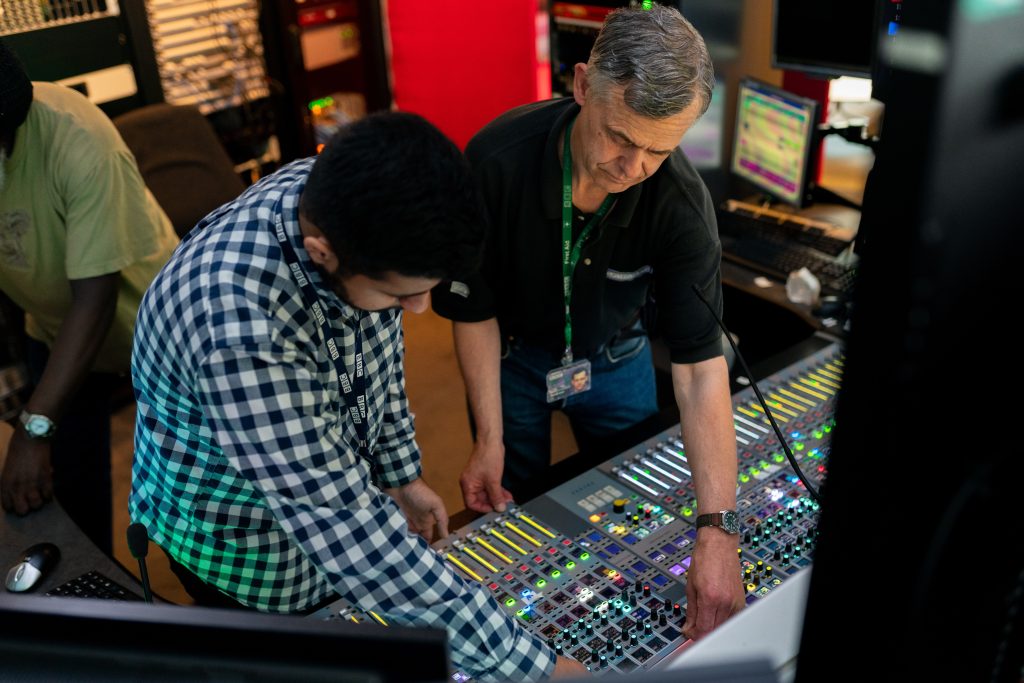
College is a serious commitment that costs many thousands of dollars and several years of one’s life, all for the sake of receiving a degree intended to make a high-paying, high-status career more attainable. Achieving a degree has been deemed a necessity in America and is therefore thought by many to be crucial to a young adult’s financial and career development.
Although college is the standard for many high-school graduates, a new Multiverse survey reveals that over 70 percent of university-educated young adults believe college did not “fully equip them” for their career. A slightly higher percentage say they would have skipped college if their dream job had been attainable right out of high school.
Considering that two out of three young adults with degrees believe that “real workforce training is the most crucial element” in preparing for a successful career, and that such training is one of the main things “missing from a college education,” why has college attendance more than doubled since 1970? According to the survey, about 80 percent of currently-enrolled students decided to attend college with parental expectations in mind. Moreover, a general societal expectation to attend college has been ingrained in many youth.
Over 70 percent of university-educated young adults believe college did not “fully equip them” for their career. One alternative to this current approach is apprenticeships.
An apprenticeship is a firsthand learning experience in which personal mentors and a network of professionals support and provide immediate feedback to the learner (i.e., the apprentice). Perhaps most notably, apprenticing is an opportunity to experience the kind of real workforce setting that is sorely missing from most college educations. Furthermore, apprentices get paid while gaining work experience, connections, and a concrete grasp on a possible career path.
However, 41 percent of young adults are not even familiar with what an apprenticeship is, and only 18 percent of students have considered apprenticing after graduating high school. It’s worth noting that apprenticeships are a good thing for both the apprentice and the mentor. For example, at Verizon, an apprenticeship program has created a $5 million impact on the company’s global business. In the realm of higher education, meanwhile, over three-fourths of individuals who don’t attend college cite financial obstacles as the reason. Facts such as these make apprenticeships sound all the more attractive.
When presented with the definition of an apprenticeship, more than three in four survey participants expressed interest. Looking at apprentices’ satisfaction, one finds that about 90 percent are happy with their career choices, while over 80 percent believe that their career prospects are better than those of non-apprentices.
By expanding high-school graduates’ perspectives on alternative pathways into the workforce, apprenticeships and other similar programs may continue to compete with higher education. This might ultimately create a landscape in which young adults invest their time in focused career paths that align with their strengths and desires for the future.
Natalia Mayorga recently graduated with a bachelor’s in psychology from UNC-Chapel Hill and is a Martin Center intern.
